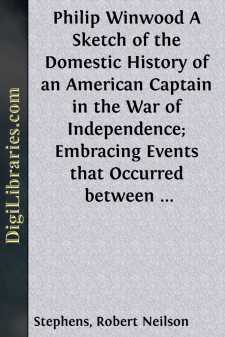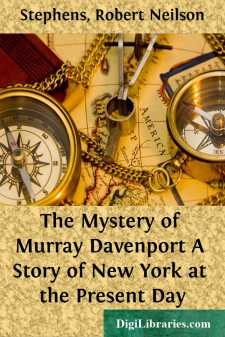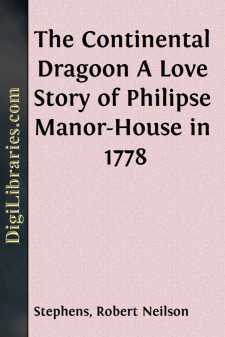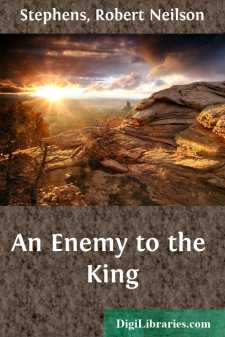Categories
- Antiques & Collectibles 13
- Architecture 36
- Art 48
- Bibles 22
- Biography & Autobiography 813
- Body, Mind & Spirit 142
- Business & Economics 28
- Children's Books 17
- Children's Fiction 14
- Computers 4
- Cooking 94
- Crafts & Hobbies 4
- Drama 346
- Education 46
- Family & Relationships 57
- Fiction 11829
- Games 19
- Gardening 17
- Health & Fitness 34
- History 1377
- House & Home 1
- Humor 147
- Juvenile Fiction 1873
- Juvenile Nonfiction 202
- Language Arts & Disciplines 88
- Law 16
- Literary Collections 686
- Literary Criticism 179
- Mathematics 13
- Medical 41
- Music 40
- Nature 179
- Non-Classifiable 1768
- Performing Arts 7
- Periodicals 1453
- Philosophy 64
- Photography 2
- Poetry 896
- Political Science 203
- Psychology 42
- Reference 154
- Religion 513
- Science 126
- Self-Help 84
- Social Science 81
- Sports & Recreation 34
- Study Aids 3
- Technology & Engineering 59
- Transportation 23
- Travel 463
- True Crime 29
Philip Winwood A Sketch of the Domestic History of an American Captain in the War of Independence; Embracing Events that Occurred between and during the Years 1763 and 1786, in New York and London: written by His Enemy in War, Herbert Russell,...
Categories:
Description:
Excerpt
CHAPTER I.
Philip's Arrival in New York.
'Tis not the practice of writers to choose for biography men who have made no more noise in the world than Captain Winwood has; nor the act of gentlemen, in ordinary cases, to publish such private matters as this recital will present. But I consider, on the one hand, that Winwood's history contains as much of interest, and as good an example of manly virtues, as will be found in the life of many a hero more renowned; and, on the other, that his story has been so partially known, and so distorted, it becomes indeed the duty of a gentleman, when that gentleman was his nearest friend, to put forth that story truly, and so give the lie for ever to the detractors of a brave and kindly man.
There was a saying in the American army, proceeding first from Major Harry Lee, of their famous Light Horse, that Captain Winwood was in America, in the smaller way his modesty permitted, what the Chevalier Bayard was in France, and Sir Philip Sidney in England. This has been received more than once (such is the malice of conscious inferiority) with derisive smiles or supercilious sneers; and not only by certain of his own countrymen, but even in my presence, when my friendship for Winwood, though I had been his rival in love and his enemy in war, was not less known than was my quickness to take offence and avenge it. I dealt with one such case, at the hour of dawn, in a glade near the Bowery lane, a little way out of New York. And I might have continued to vindicate my friend's character so: either with pistols, as at Weehawken across the Hudson, soon after the war, I vindicated the motives of us Englishmen of American birth who stood for the king in the war of Independence; or with rapiers, as I defended the name of our admired enemy, Washington, against a certain defamer, one morning in Hyde Park, after I had come to London. But it has occurred to me that I can better serve Winwood's reputation by the spilling of ink with a quill than of blood with a sword or pistol. This consideration, which is far from a desire to compete with the young gentlemen who strive for farthings and fame, in Grub Street, is my apology for profaning with my unskilled hand the implement ennobled by the use of a Johnson and a Goldsmith, a Fielding and an Addison.
My acquaintance with the Captain's life, from the vantage of an eye-witness and comrade, goes back to the time when all of us concerned were children; to the very day, in truth, when Philip, a pale and slender lad of eleven years, first set foot in New York, and first set eye on Margaret Faringfield.
As I think of it, it seems but yesterday, and myself a boy again: but it was, in fact, in the year 1763; and late in the afternoon of a sunny Summer day. I remember well how thick and heavy the green leaves hung upon the trees that thrust their branches out over the garden walls and fences of our quiet street.
Tired from a day's play, or perchance lazy from the heat, I sprawled upon the front step of our house, which was next the residence of the Faringfields, in what was then called Queen Street....







